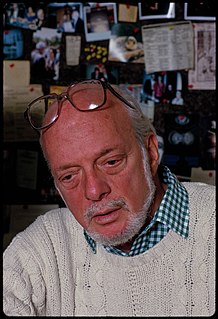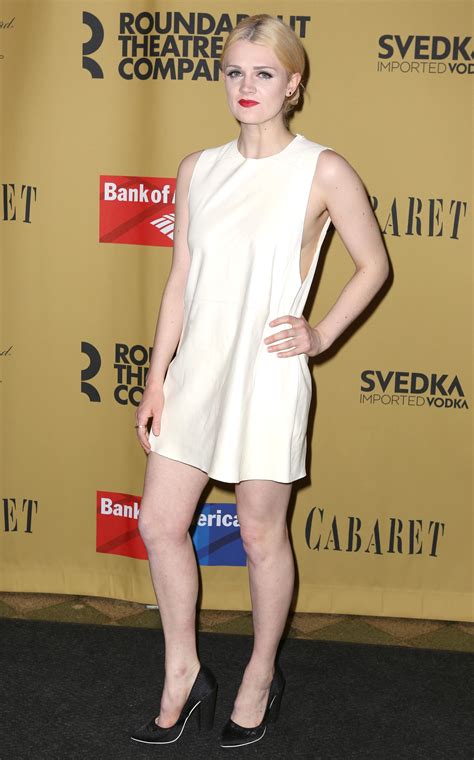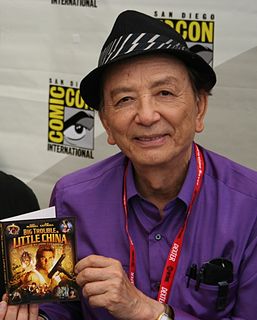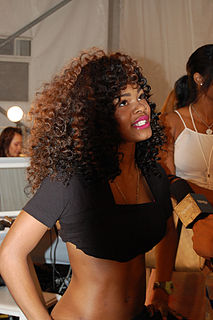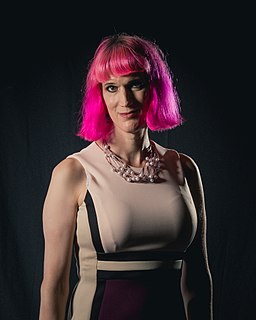A Quote by Jonathan Safran Foer
My greatest fear is feeling like a professional novelist. Somebody who creates characters, who sits down and has pieces of paper taped to the wall - what's going to happen in this scene, or this act. What I like is for it to be a much more scary, sloppy reflection of who I am.
Related Quotes
You kind of notice what's going on in your body, and you can kind of feel a certain tightening, or fear, which is something that, as an artist, I've kind of befriended. I can pretty much count on it for anything that I engage in - that thing like, "Am I going to be able to pull this off?" Well, what am I gonna do with this feeling? The more nervous you get, the more worried you get about it. So you pay attention to what you might need.
What I wear is a reflection of where I am going and how I am feeling. If I'm in a good mood, it's got to be cashmere and jeans - just something comfy, soft and warm. When I'm down, I might find something that I haven't worn for a while that was bought for me - or wear a brooch or a pair of shoes that are like old friends.
You got to be able to love again. You got to give everybody a fair chance. Everybody deserves a fair chance. I'm talking about building that wall, coming out of a relationship and feeling like, well, I'm going to hold back. You turn into your ex. When you find a person that's worth letting your wall down , and you feel it in your stomach, just don't fight it. Just let it happen.
Basically, it's somebody who got stuck having to interview me who really wants to be a novelist, so they're writing these novellas and I was like, "It's not true, that didn't happen, they just made all that up! Why don't they just go ahead and be a novelist instead of bothering with interviewing me?"
What I wear is a reflection of where I am going and how I am feeling. If Im in a good mood, its got to be cashmere and jeans - just something comfy, soft and warm. When Im down, I might find something that I havent worn for a while that was bought for me - or wear a brooch or a pair of shoes that are like old friends.
Storytelling is more like a skin. You start with the outermost layer, what it's going to look like, then you kind of get deeper into it. What's actually going on beneath the surface is not really dictated by or related to the surface genre. It's more about what's going to happen between the characters and what's taking place in the story.
Mexico is not going to build it [a wall], we're going to build it. And it's going to be a serious wall. It's not going to be a toy wall like we have right now where cars and trucks drive over it loaded up with drugs and they sell the drugs in our country and then they go back and, you know, we get the drugs, they get the cash, okay, and that's not going to happen.

